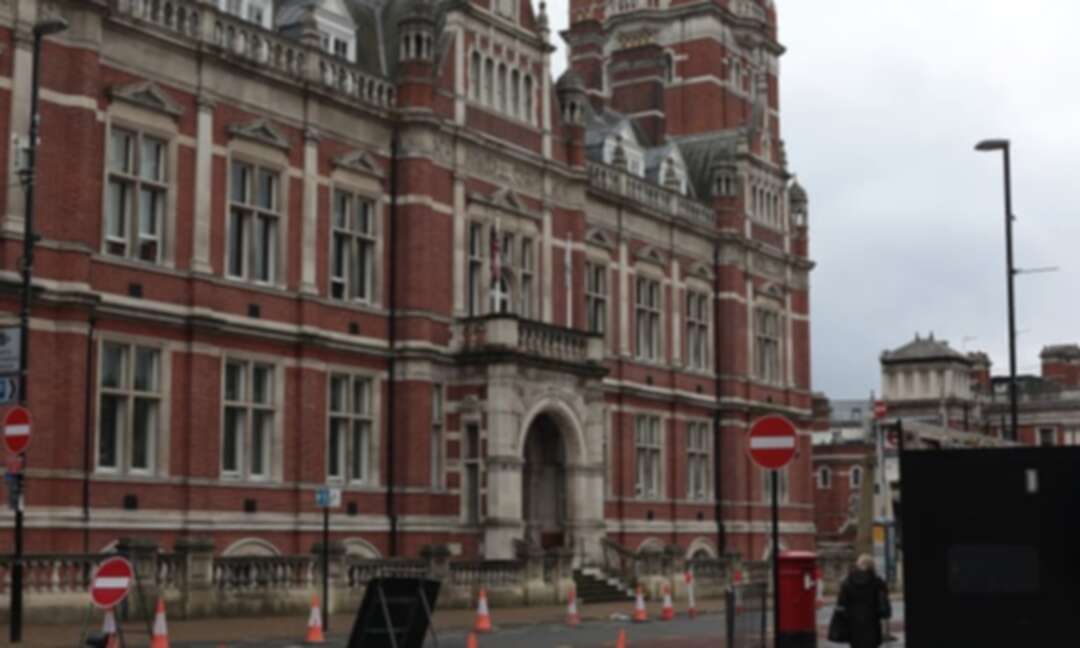-
Government finances at 'significant risk' from debt-laden councils due to Covid

Commons committee says Treasury has ‘worryingly laissez-faire attitude’ to issue
Local authorities who are taking on risky levels of debt to shore up dwindling resources during the pandemic present a “significant risk” to the government’s finances, MPs have warned.
The Commons’ public accounts committee urged the Treasury on Friday to detail how it will manage the risk to the nation’s finances as the extra pressures of dealing with coronavirus adds to the pressure on councils.
Meg Hillier, the committee’s chair, criticised the department as having a “worryingly laissez-faire attitude” to the issue as the MPs predicted more authorities will soon be unable to balance their books.
In its government accounts report, the committee urged the Treasury to ensure it has sufficient oversight of local finances as the “funder of last resort” if they go bust.
Hillier said that “some local authorities have taken on extremely risky levels of debt in recent years in an effort to shore up dwindling finances”, particularly in commercial property investments such as office blocks, industrial sites or retail premises.
“The pandemic has doubly exposed that risk – in the huge extra demands and duties it is placing on local authorities, and in the hit to returns on commercial investments.
“The Treasury has a worryingly laissez-faire attitude to what now presents a significant risk to the whole of government.
“It must step firmly back into the driving seat, demonstrating that it has a clear handle on significant risks in our public finances and is managing them – and that it’s ready to take on the unprecedented additional impact of Covid-19 and EU exit,” she said.
Over the past decade, Westminster has cut a fifth – £15bn – of central funding to councils without designing effective means for them to raise equivalent sums locally.
A Guardian analysis of finances in July indicated that councils were set to shed thousands of jobs and cut services following a collapse in income.
The committee also highlighted an “apparent lack of ownership” by the Treasury of analysis and scenario planning to manage the impact of coronavirus on Government finances.
The MPs said the Treasury has not explained how the disease will impact investments and projects nor has it set out which programmes would be priorities if some need delaying or cancelling.
Croydon council in south London imposed emergency spending restrictions in November – the first council to declare a Section 114 order, effectively saying it was bankrupt, since Northamptonshire council in 2018.
A Treasury spokesperson said: “We provided a significant funding uplift for councils at the spending review last year to support local services, on top of funding to ensure they can continue to deliver essential local services as we tackle the impacts of the pandemic.”
source: Rajeev Syal
Levant
You May Also Like
Popular Posts
Caricature
BENEFIT Sponsors BuildHer...
- April 23, 2025
BENEFIT, the Kingdom’s innovator and leading company in Fintech and electronic financial transactions service, has sponsored the BuildHer CityHack 2025 Hackathon, a two-day event spearheaded by the College of Engineering and Technology at the Royal University for Women (RUW).
Aimed at secondary school students, the event brought together a distinguished group of academic professionals and technology experts to mentor and inspire young participants.
More than 100 high school students from across the Kingdom of Bahrain took part in the hackathon, which featured an intensive programme of training workshops and hands-on sessions. These activities were tailored to enhance participants’ critical thinking, collaborative problem-solving, and team-building capabilities, while also encouraging the development of practical and sustainable solutions to contemporary challenges using modern technological tools.
BENEFIT’s Chief Executive Mr. Abdulwahed AlJanahi, commented: “Our support for this educational hackathon reflects our long-term strategic vision to nurture the talents of emerging national youth and empower the next generation of accomplished female leaders in technology. By fostering creativity and innovation, we aim to contribute meaningfully to Bahrain’s comprehensive development goals and align with the aspirations outlined in the Kingdom’s Vision 2030—an ambition in which BENEFIT plays a central role.”
Professor Riyadh Yousif Hamzah, President of the Royal University for Women, commented: “This initiative reflects our commitment to advancing women in STEM fields. We're cultivating a generation of creative, solution-driven female leaders who will drive national development. Our partnership with BENEFIT exemplifies the powerful synergy between academia and private sector in supporting educational innovation.”
Hanan Abdulla Hasan, Senior Manager, PR & Communication at BENEFIT, said: “We are honoured to collaborate with RUW in supporting this remarkable technology-focused event. It highlights our commitment to social responsibility, and our ongoing efforts to enhance the digital and innovation capabilities of young Bahraini women and foster their ability to harness technological tools in the service of a smarter, more sustainable future.”
For his part, Dr. Humam ElAgha, Acting Dean of the College of Engineering and Technology at the University, said: “BuildHer CityHack 2025 embodies our hands-on approach to education. By tackling real-world problems through creative thinking and sustainable solutions, we're preparing women to thrive in the knowledge economy – a cornerstone of the University's vision.”
opinion
Report
ads
Newsletter
Subscribe to our mailing list to get the new updates!






















